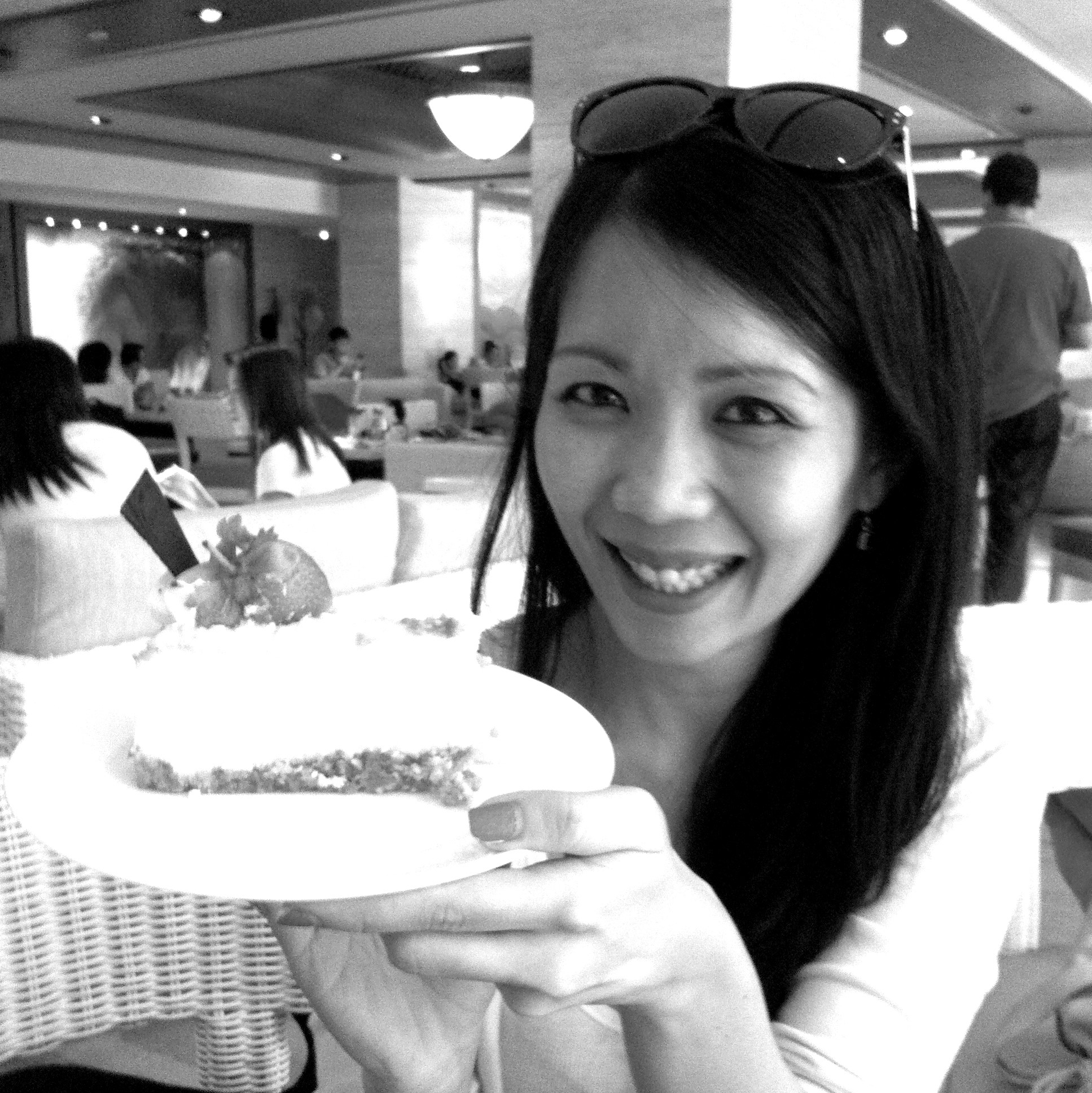
Previous Post
The Storytelling Continues…
4 min read
As a child, I looked forward to bedtime. Sleeping was of course always a pleasure, but that was not the main reason....
by
Fatimah Hassan
Next Post
The Hainanese Influence in Penang’s Cuisine
9 min read
The Hainanese were among the last Chinese language groups to arrive in Malaya, when the other language groups had monopolised most of the trades. They ended up working for the British in their households and kitchens, eventually playing a major role in the local food and beverage industry.
You might also like
The Storytelling Continues…
4 min read
As a child, I looked forward to bedtime. Sleeping was of course always a pleasure, but that was not the main reason....
by
Fatimah Hassan
Teaching Children to Code
4 min read
Are we shifting our focus from teaching children how to write, to teaching them how to code?“Since technology now dominates our lives learning basic com...
The Hainanese Influence in Penang’s Cuisine
9 min read
The Hainanese were among the last Chinese language groups to arrive in Malaya, when the other language groups had monopolised most of the trades. They ended up working for the British in their households and kitchens, eventually playing a major role in the local food and beverage industry.


